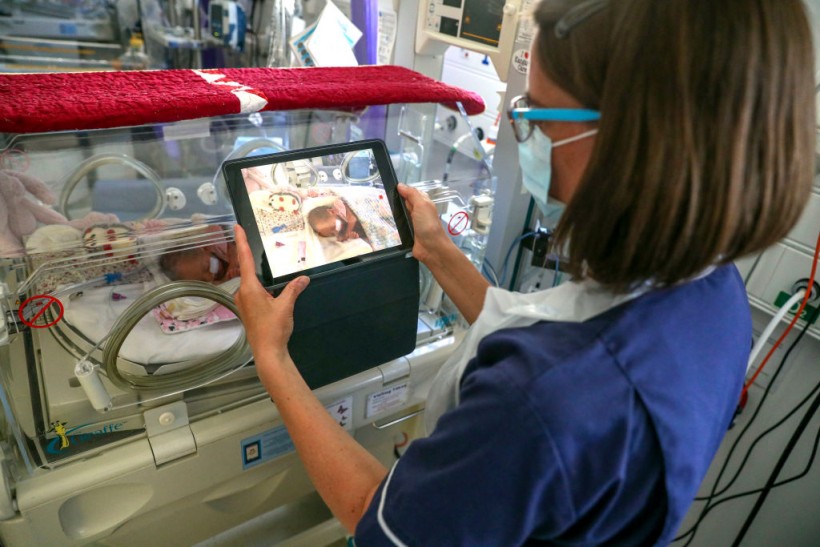(Photo : Photo by Steve Parsons - Pool/Getty Images)
While the struggles of prematurely born babies are numerous, a recent study reveals that increased aging may also be another entry on that list. On the bright side, this may also be another step to predicting what kind of complications these children may have growing up.
Aging genes in prematurely born babies
The study was primarily focused on specific genes that controlled the rate at which cells change and edit themselves across stages of maturity. They did this via epigenetic clock testing, done across a group of 45 people who were born prematurely and 47 who had a normal birth weight.
The results showed that signs of biological aging were more prevalent in the premature birth group, specifically for males.
Generally, there are still a number of other factors that contribute to biological aging (diet, lifestyle, environment etc). However, there is no denying that premature birth is often linked to a number of developmental struggles (such a higher chance of autism or other neurodiverse conditions).
Also read: Toxic Chemicals Found in 50 Samples of Mothers' Breastmilk in US
Promoting healthy aging and development for premature babies
Children who are born prematurely are officially identified as extremely low birth weight (ELBW). According to recent statistics, about 15 million babies are born in this state and it has often been a traumatic experience for parents.
That said, advances in healthcare and childcare still provide hope that the children born under such circumstances still have a good chance of growing happy and healthy. It is just up to parents to know who to tap for possible complications, and learn how to help their kids achieve their potential. Consider the following strategies.
1. Plan out a diagnosis.
Even if a child is already a year old, parents should consider consulting pediatricians and psychologists for diagnosis. Some conditions are best detected as early possible, because it would allow intervention to be most effective.
2. Prepare the house for special needs.
Given the risks that ELBW babies have throughout the course of their lifetime, it is best to already take a list of things they will regularly need. If a child has already received diagnosis of certain health complications, then make sure that these will be readily available in a number of everyday scenarios (e.g. inhalers for asthmatics).
3. Strongly incorporate healthy living in routine.
Now, while the recent study assured that the aging in ELBW individuals is not too drastic, it can still correlate with a number of health issues they may have. From Day 1, parents must make sure their environment is as healthy and clean as it can be. Diets must be well-balanced and exercises must definitely be incorporated in their routine.
4. Mental health should also be considered.
Lastly, the link between physical and mental health has long been well established. Kids can experience a lot of psychological pressures growing up (especially during puberty), but this can get even worse when one is born ELBW and all the health complications it brings. It is critical for parents to play a strong, supporting role for these kids to lean on.
While there is no denying that premature births can certainly lead to a high risk of many problems, it is never a reason to give up on a child. It is all about showing more consideration and a willingness to suppor them throughout their life.
Also read: Your Baby's First Poop May Give Insight on His Allergies
© 2024 NatureWorldNews.com All rights reserved. Do not reproduce without permission.





![Climate Change is Reducing Dust Levels Worldwide as Arctic Temperature Warms [Study]](https://1471793142.rsc.cdn77.org/data/thumbs/full/70320/280/157/50/40/climate-change-is-reducing-dust-levels-worldwide-as-arctic-temperature-warms-study.jpg)
